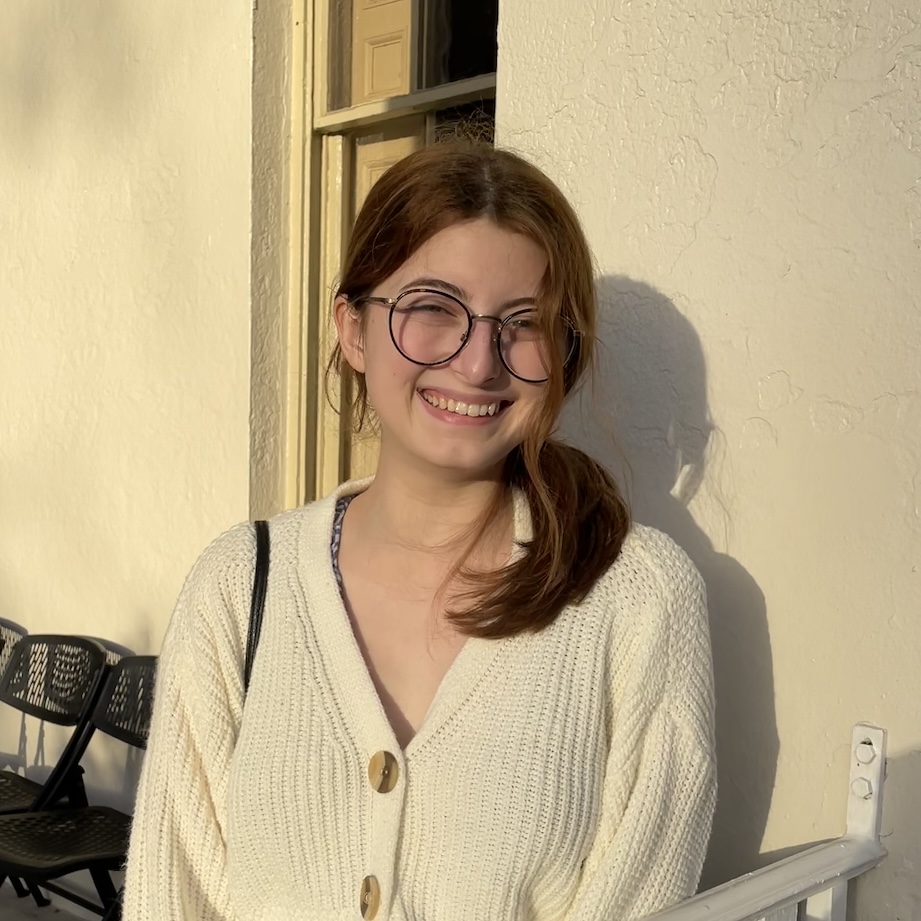Live Poster Session: https://wesleyan.zoom.us/j/91507037024
Abstract: One’s perception of income distribution is evidently more closely associated with their opinion than reality is. However, this relationship varies by nation and ideology. Studies in China, for example, show a participants’ high tolerance for wealth inequality that decreases as the economy is perceived as less equal (Wei, 2022). Studies in Latin America found that participants did not always perceive inequality to be unfair (Reyes, 2022). Americans, however, often felt that economic distribution was unjust (Chambers, 2014). Politically left-wing individuals are also more likely to perceive inequality as high and unfair (Chambers 2014, Reyes 2022). This study aims to explore the relationship between Americans’ perceptions and opinions of income distribution in the U.S. and consider whether political belief moderates this relationship. Logistic regression analyses of GSS survey data revealed that politically conservative Americans are significantly more likely than liberals and moderates to believe income distribution is fair as their estimate of income inequality increases. These findings may contribute to political science research regarding American public opinion and political polarization.
Julia-Armeli-QAC-Poster

